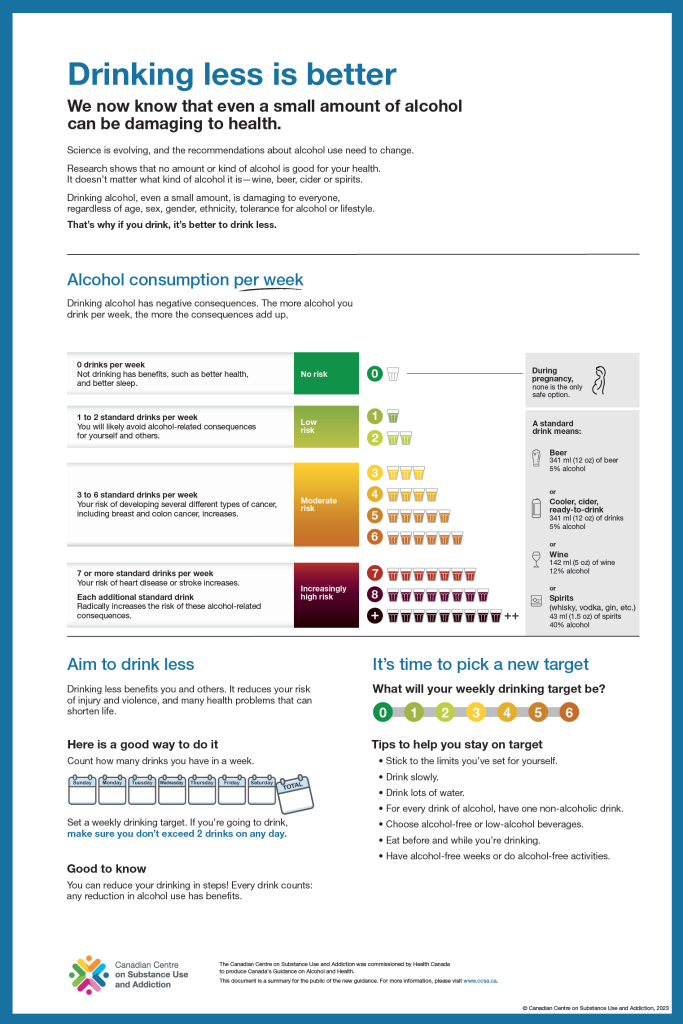Unlock the secret behind why some people can handle their beer better than others – dive into the science of intoxication.
Table of Contents
Have you ever wondered how many beers it takes to get drunk? It’s a common question, and the answer is not as straightforward as you might think. Delving into the science behind alcohol metabolism, individual tolerance levels, and various factors influencing intoxication can help shed some light on this intriguing question.
Understanding Alcohol Metabolism
alcohol metabolism is a complex process that occurs in the body when you consume alcoholic beverages. The liver plays a key role in breaking down alcohol through enzymes such as alcohol dehydrogenase and acetaldehyde dehydrogenase. These enzymes work to convert alcohol into acetaldehyde and then into acetic acid, which is eventually excreted by the body.
Factors such as age, weight, gender, and genetics can influence how quickly your body metabolizes alcohol. For example, individuals with a higher body weight tend to metabolize alcohol more efficiently than those with a lower body weight. Additionally, age can also play a role, as older individuals may have a slower metabolism compared to younger individuals.
Individual Tolerance Levels
alcohol tolerance refers to the amount of alcohol a person can consume before feeling intoxicated. Tolerance levels can vary significantly from person to person, depending on a variety of factors. Regular alcohol consumption can lead to increased tolerance levels, meaning that individuals who drink more frequently may require higher doses of alcohol to feel drunk.
Psychological factors such as mood, stress, and environment can also influence tolerance levels. For example, individuals who drink in a relaxed and comfortable setting may feel more intoxicated compared to those who drink in a stressful or unfamiliar environment.
Factors Influencing Intoxication
While the number of beers it takes to get drunk can vary depending on individual tolerance levels, there are also other factors that can influence intoxication. The type of alcohol consumed, mixers used, and food eaten alongside alcohol can all play a role in how quickly someone becomes intoxicated.

Image courtesy of www.alcoholresearchforum.org via Google Images
Hydration, sleep, and overall health are also important factors to consider when determining intoxication levels. Being well-hydrated and well-rested can help your body metabolize alcohol more efficiently and reduce the risk of negative effects from drinking.
Conclusion
The question of how many beers it takes to get drunk is not a simple one to answer. The science behind alcohol metabolism, individual tolerance levels, and various factors influencing intoxication all play a role in determining how alcohol affects each person differently.
By understanding the complex process of alcohol metabolism and being aware of your own tolerance levels and limits, you can make more informed choices when it comes to alcohol consumption. Remember to drink responsibly and know when to stop to avoid overindulgence and potential harm to your health.
Frequently Asked Questions
How does alcohol tolerance affect intoxication levels?
Alcohol tolerance varies from person to person due to factors like genetics and frequency of alcohol consumption. Those with higher tolerance levels may require more alcohol to feel intoxicated compared to individuals with lower tolerance.
Can mixing different types of alcohol affect intoxication?
Mixing different types of alcohol can lead to increased intoxication levels due to the varied alcohol content and effects of each type. This can make it challenging to gauge how much alcohol is needed to reach a certain level of intoxication.
Does eating food before drinking alcohol affect intoxication?
Eating food before drinking alcohol can slow down the rate at which alcohol is absorbed into the bloodstream, potentially reducing intoxication levels. Fatty foods are particularly effective in delaying alcohol absorption and minimizing the effects of alcohol.
How does hydration impact alcohol intoxication?
Staying hydrated can help the body metabolize alcohol more efficiently and reduce the risk of dehydration, a common side effect of alcohol consumption. Drinking water or non-alcoholic beverages between alcoholic drinks can help maintain hydration levels and lessen the effects of alcohol.
Generated by Texta.ai Blog Automation


Leave a Reply